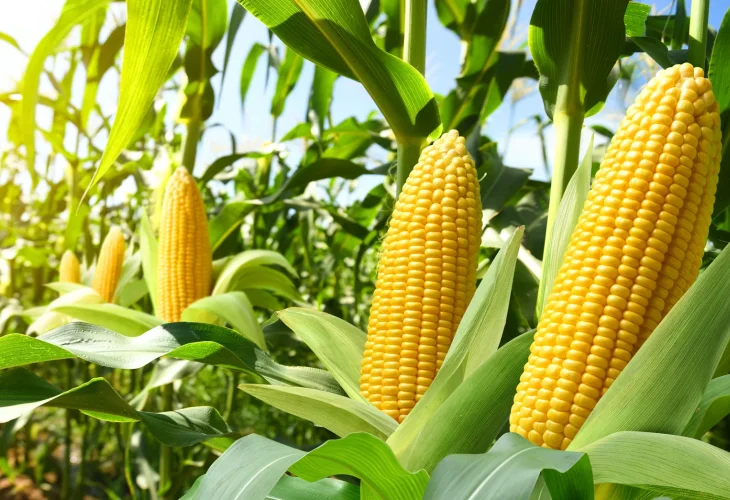Health and Nutrition
Are Frozen Foods Healthier Than Fresh? Surprising Nutritional Benefits Revealed
Discover why frozen spinach, broccoli, fish, and even meat may be more nutritious than you think- and what science says about their vitamin and antioxidant levels.
 (Photo: shutterstock)
(Photo: shutterstock)Frozen foods often have a negative reputation compared to fresh, but freezing can actually preserve many nutritional values. British dietitian Rhiannon Lambert explains that many consumers overlook the health benefits of frozen food: “There’s a big gap between public perception and reality when it comes to the quality of frozen produce.” Lambert, author of The Science of Nutrition, adds: “Frozen produce can often be more nutritious than fresh in many cases.”
Spinach
Freezing spinach helps retain essential vitamins like vitamin C and folate for longer, while fresh spinach loses its nutritional value after just a few days. Lambert explains: “Buying frozen helps preserve vitamin C and folate much longer.”
Meat
Fresh meat loses nutrients over time, whereas freezing it can help retain its nutritional content. Lambert notes: “Freezing meat helps preserve nutrients and flavor.”
Broccoli
Frozen broccoli often contains more riboflavin (vitamin B2) than its fresh counterpart. Freezing it right after harvest helps lock in vitamins and antioxidants.
Sweet Corn
Frozen corn is typically richer in vitamin C than fresh corn, which can lose up to 50% of its sugar content within 12 hours of harvesting.
Fish
Freezing fish helps preserve omega-3 fatty acids. Studies show that most omega-3 remains intact even after three months of freezing.
Edamame
Lambert recommends frozen edamame, which offers more health benefits than frozen peas due to its high soy content.

